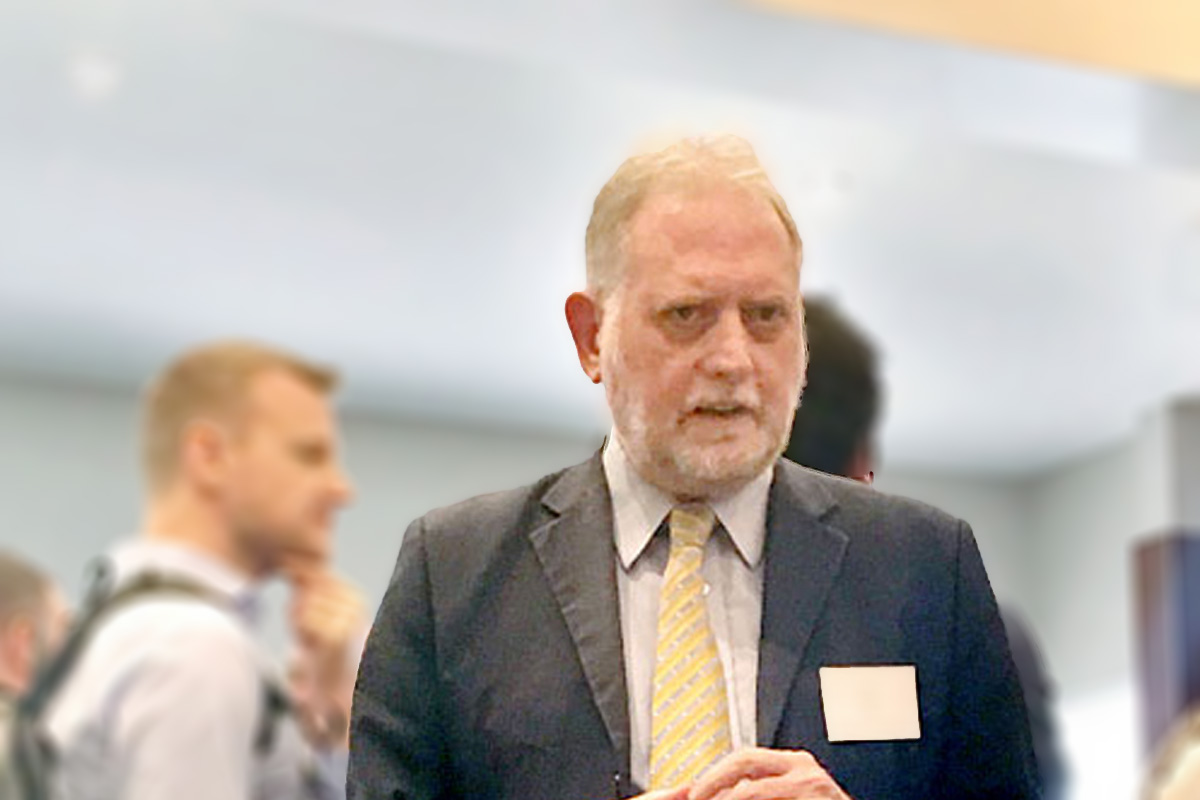The Tiwa Point aluminium smelter operates if they can buy energy they need cheaply enough. That’s what it comes down to in a world of global competition and it’s the same here in New Zealand as elsewhere.
Industry operates where it gets the best deal and the price of energy is often part of the mix when decisions are being made and there are always options. Of course, some of the major investments that go along with siting a new facility in a particular place can be massive.
If we look at the recent commitment of Tesla Motors to open a new lithium-ion battery plant in Nevada, the investment is US$5 billion and along with that comes 3,000 direct jobs during the construction phase and an estimated 16,000 indirect jobs.
Then once the one million square meter facility is complete they will employ 6,500 people full time staff on wages above US$25 per hour. Tesla will also contribute US$35 million to the Nevada State education system and the State estimates a benefit of US100 billion over 20 years.
But these investments and benefits do not come without a cost. The State on Nevada offered a tax incentive package of US$1.25 billion over 20 years made up of sales, payroll and property tax abatements and US$8 million in electricity rate discounts over the first 8 years.
Nevada was in competition with several other states for the Tesla facility and the new economics of development demand that if you want a major industry investment you have to make an attractive offer, but the benefits of a boost the size of the one Tesla brings to Nevada are almost unachievable by any other means.
At a more moderate level, developing countries are also making attractive offers; as an example KenGen, the Kenyan electricity generating authority, are developing an industrial park around their Olkaria geothermal development and have announced subsidised power to park tenants.
We have seen incentives applied to the film industry in New Zealand, with short-term employment outcomes but little attention to anywhere else. The new economics of globalisation and transnational corporations going where the opportunities are is a fact of life that many countries, states and even cities have had to come to grips with.
For New Zealand, it may be even more critical because we have so few large industrial corporations here to drive and foster development of an industrial commons; a place where our domestically developed industry can grow.
The payment to Tiwa point smelter, is indicative of what is increasingly happening and even where businesses grow here, if they aren’t properly supported their usually offshore venture capital owners will move them where they are wanted and supported.
So a hands off, ‘the market will rule’ approach does not work unless you are in the market and have something to offer. Nice beaches and scenery is not always enough, even if it does provide a great backdrop for some films to be shot against.
We need to understand the new economics of development and either get in the game or… I’m not sure that there is an alternative! If we want jobs, and serious development and high wages – we have to offer enough for industry to invest here in more than just dairy farms.

